The overcrowded capital city of Bangladesh, Dhaka, has been ranked fifth on the list of cities with the worst air quality, recording an Air Quality Index (AQI) of 151 at 9:10 AM today. This level of air pollution is classified as 'unhealthy.'
Current and Recent Air Quality
- Today's AQI: 151 (Unhealthy)
- Yesterday's AQI: 92 (Moderate)
AQI Categories and Health Implications
- 0-50 (Good): Air quality is satisfactory with little or no risk.
- 51-100 (Moderate): Air quality is acceptable; sensitive individuals should limit prolonged outdoor exertion.
- 101-150 (Unhealthy for Sensitive Groups): Sensitive groups may experience health effects; the general public is less likely to be affected.
- 151-200 (Unhealthy): Everyone may experience health effects; sensitive groups may experience more serious health effects.
- 201-300 (Very Unhealthy): Health alert: everyone may experience more serious health effects.
- 301+ (Hazardous): Health warnings of emergency conditions; the entire population is likely to be affected.
Global Comparison
- Delhi, India: AQI 411 (First)
- Hanoi, Vietnam: AQI 174 (Second)
- Jakarta, Indonesia: AQI 163 (Third)
Understanding AQI
The AQI is an index for reporting daily air quality levels and informing people about the potential health effects of air pollution. In Bangladesh, the AQI considers five major pollutants:
- Particulate Matter (PM10 and PM2.5)
- Nitrogen Dioxide (NO2)
- Carbon Monoxide (CO)
- Sulfur Dioxide (SO2)
- Ozone
Seasonal Variations and Health Risks
Dhaka frequently experiences severe air pollution, particularly during the winter months, with some improvement during the monsoon season. According to the World Health Organization (WHO), air pollution is a significant global health issue, responsible for approximately seven million deaths annually. The major health risks include increased mortality from stroke, heart disease, chronic obstructive pulmonary disease, lung cancer, and acute respiratory infections.












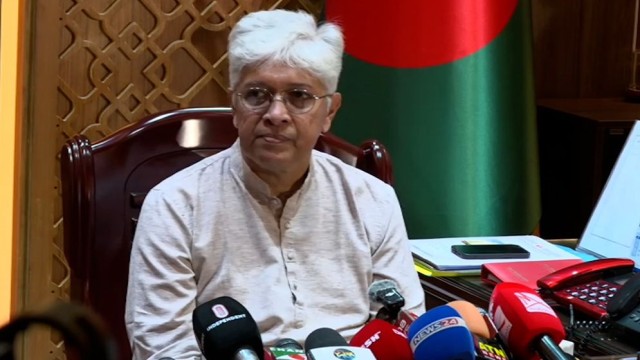

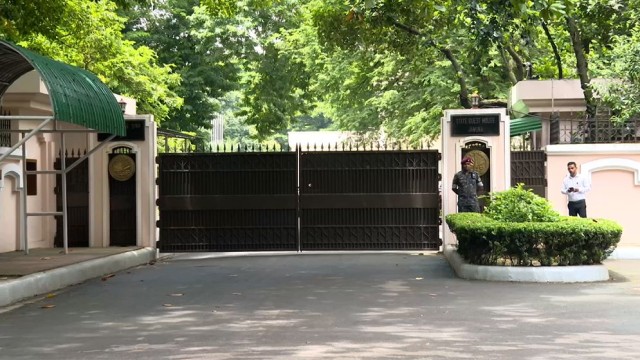


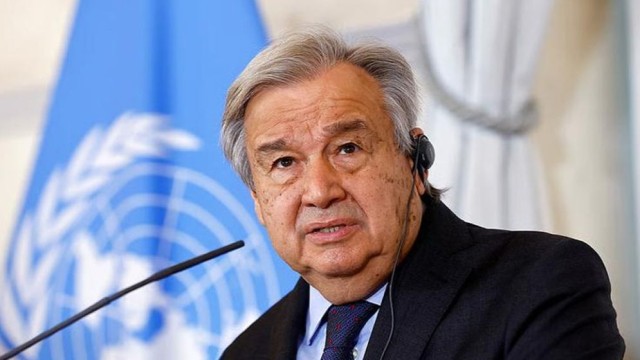
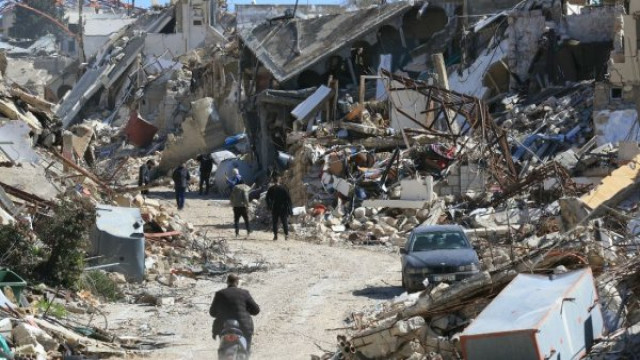
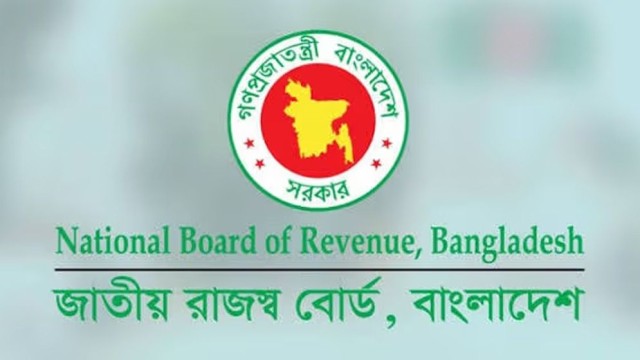











Comment: